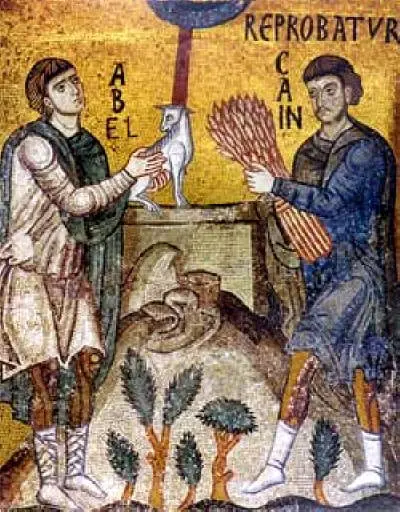The European Commission, the EU’s executive body, has released a strategic document “Fighting Anti-Semitism and Promoting Jewish Life” among the bloc’s member states.
The document says the strategy aims to place the EU at the forefront of the global fight against anti-Semitism. The Times Of Israel writes about it.
“Anti-Semitism is incompatible with the core values of Europe. It poses a threat not only to Jewish communities and Jewish life, but also to an open and diverse society, democracy and the European way of life. The European Union is determined to put an end to this, ”the statement reads.
Noting the increase in anti-Semitic attacks in recent years and the decline in the Jewish population in the EU, the document states that the EU is “determined to significantly strengthen the fight against anti-Semitism” and that this strategy will be based on three pillars: preventing and combating all forms of anti-Semitism; protection and development of Jewish life in the EU; research and memory of the Holocaust.
Cursor previously reported that the University of Bristol fired the professor for anti-Semitism. The University of Bristol, UK, fired a professor who accused Jewish students of being “pawns of the racist regime, carrying out ethnic cleansing.” We are talking about a professor named David Miller, an anti-Semitic incident with which happened six months ago.
In response to rising antisemitism the European Commission has presented the first EU Strategy on Combatting Antisemitism and Fostering Jewish Life. Ned Hercock, Research Assistant at SIEPS, reads between the lines of the strategy and considers its historical and political context.
In Robert Menasse’s satirical novel The Capital the European Commission asks a group of experts for ideas on how to mark an EU jubilee.1 An elderly Austrian professor proposes that the union should be re-founded. To symbolize its historical mission of preventing a return to the bloodshed of the Holocaust the EU’s capital, he says, should no longer be Brussels but instead a new city, to be built at Auschwitz. This proposal does not feature in the EU’s new antisemitism strategy, launched last week ahead of the Malmö International Forum on Holocaust Remembrance and Combating Antisemitism. But the ‘strategy on combating antisemitism and fostering Jewish life’ nevertheless signals that the Commission takes seriously the risk – indeed the reality – of discrimination and violence against Jews in Europe, and the importance of the cultural memory of the Holocaust for current EU leaders’ understanding of what the union is, and what it is for.
What is the plan?
The strategy will be implemented from 2021 to 2030. Through use of the Commission’s own tools – primarily programme funding and event coordination – and by mobilizing member states into action, it aims ‘to prevent and combat all forms of antisemitism’; ‘to protect and foster Jewish life in the EU’, and ‘to promote education, research and Holocaust remembrance’. There are notable elements, such as the overall ambition not just to protect but to ‘foster’ Jewish life; €24m in funding for the protection of Jewish religious and cultural sites; commemoration of Holocaust sites beyond the well-known extermination camps; a formalized working group on the topic; a new network of ‘flaggers’ and fact-checkers to combat the spread of antisemitic content online, and action to prevent the sale of Nazi memorabilia online. There is a hard-law aspect in the form of a promised initiative to include hate speech and hate crimes in the list of ‘Euro crimes’ defined in Article 83 TFEU, and the Commission has already issued Letters of Formal Notice – the first stage in infringement proceedings – to five member states for failing to correctly transpose a relevant Framework Decision into national law.2 But despite concrete individual measures the overall import of the package of measures is symbolic, reflecting the fact that the EU is limited to complementing and coordinating member state activity in this shared competence policy area.






